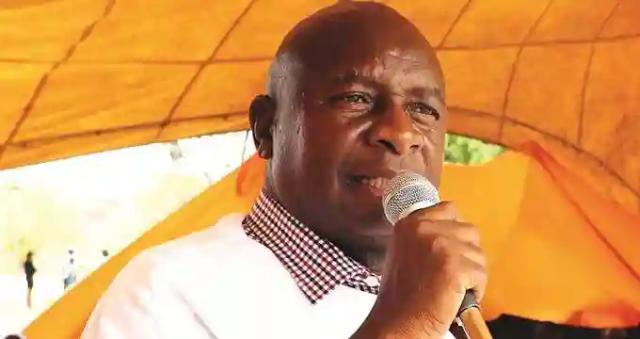Low Electricity Tariffs Holding Back Investments Into Energy Sector - Minister

The Minister of Energy and Power Development, Edgar Moyo, has said private sector investments in Zimbabwe’s power sector have been negatively affected by currency-induced risks.
Moyo told The Independent that the Government will ensure that a cost-reflective electricity tariff is in place to capacitate power utility ZESA Holdings and attract investment from the private sector. He said:
Everything hinges on currency convertibility. Everything hinges on the capacity of the off-taker (of electricity) to pay through a cost-reflective tariff, which is now being addressed. These are some of the measures that have been put in place to attract investments.
FeedbackThe other thing is that we are not looking so much from outside. We want to mobilise resources internally for the upgrade and integrity of our transmission infrastructure and the development of new lines.
We are looking at the current route towards cost reflectivity to capacitate the utility (ZESA) to improve our transmission.
HOT DEALS:
itel A70 - (128GB, 3GB RAM) $89,
itel A70 - (256GB, 4GB RAM) $99
itel P40 (128GB, 4GB), (6000mAh) $99
itel P40 (64GB, 4G), (6000mAh) $93
LATEST:
itel S24 (128GB) $124 (108MP camera)
itel S24 (256GB) $159 (108MP camera)
Cash on Delivery in Harare & Bulawayo. Tinotumira kwamuri inosvika.WhatsApp: 0783 450 793
We have said the private sector must play its part. The government will remain largely as a regulator and not an active player.
Beyond that, we are inviting the private sector through policy formulation (especially) the indexation of the tariffs to the US dollars.
In October, the Zimbabwe Energy Regulatory Authority (ZERA) awarded ZESA a 2 US cents tariff increase, taking the price to 12 US cents, from 10 US cents.
However, the current average power price per kilowatt hour (kwh) in southern Africa is 12.54 US cents.
The majority of Zimbabweans pay for electricity in the local currency, which depreciated by over 700% this year alone.
The country is currently generating just over 1 000 megawatts (MW) per day against a national demand estimated at 1 800 MW.
On Wednesday, 27 December, the Zimbabwe Power Company (ZPC), which is ZESA Holdings’ power generating unit, said the country was generating a total of 1 187 MW.
Hwange Power Station was producing a paltry 382 MW even though its installed capacity is over 1 000MW.
Kariba South Hydro Power Station was generating the bulk of the power, 750MW, despite dwindling water levels in Lake Kariba.
ZPC said independent power producers (IPPs) were generating 55MW.
More: Pindula News
Tags
25 Comments
Leave a Comment
Generate a Whatsapp MessageBuy Phones on Credit.
More Deals





